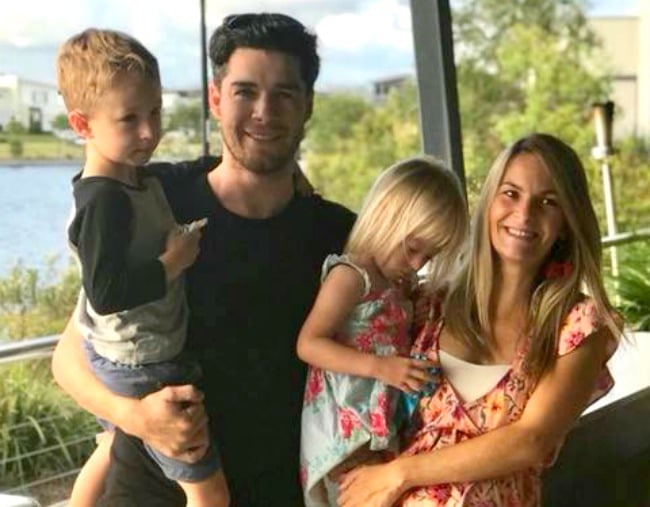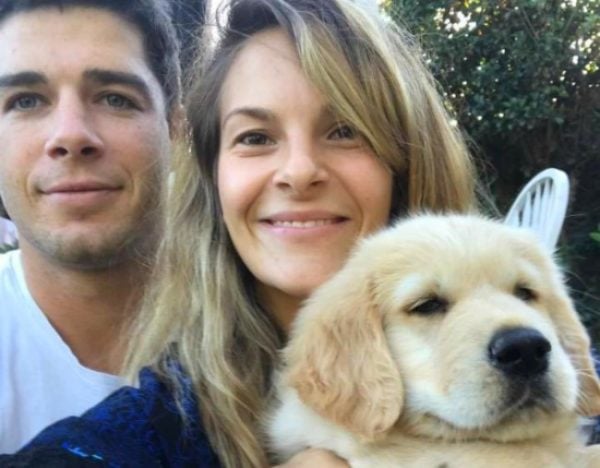
Sunshine Coast mum Shannon Hubbard will forever remember the Easter of 2018 as the weekend she came terrifyingly close to bleeding to death in hospital.
On the morning before Good Friday, the 25-year-old mother-of-three had a Mirena – a popular hormone-releasing IUD – inserted by a GP. She’d been excited about getting it, having tossed up the idea for many years due to the poor side-effects she’d suffered from the contraceptive pill.
Now, after the birth of her third child Harry, who was eight weeks old at the time, she thought it was the perfect moment.
The procedure went smoothly. But about 30 minutes later, as she sat down at home and poured herself a coffee, she realised she was bleeding profusely. She found herself having to change maternity pads every half hour. She knew something was wrong, but she tried to just push on with her day. It was 11am on a weekday. She had errands to run, a newborn to tend to, children to feed, and pick-ups to do for her two eldest, Aidan, five, and Sydney, three.
She had no idea that the bleeding wouldn’t stop for three entire days.
That night, at 9pm, she went to emergency with her mother. Ms Hubbard said doctors had an “aha” moment when they did a scan and saw the Mirena had been placed in the wrong position because she had a retroverted uterus – an common condition affecting a quarter of women, but one Ms Hubbard didn’t know she had. Women with a tilted uterus can safely get a Mirena inserted if angled appropriately.


Top Comments
Had one for years. After my second child is here I'll have one for as long as I can.
DON'T get your GP to do it. Spend the money to have a gynaecologist to do it.
I didnt think that GPs were allowed to insert them. I have had two put in my gynaecologists with zero problems. I was also warned of the risks before they were inserted.
I think they have to be 'trained' so not all of them can do them but they don't specialize in it.